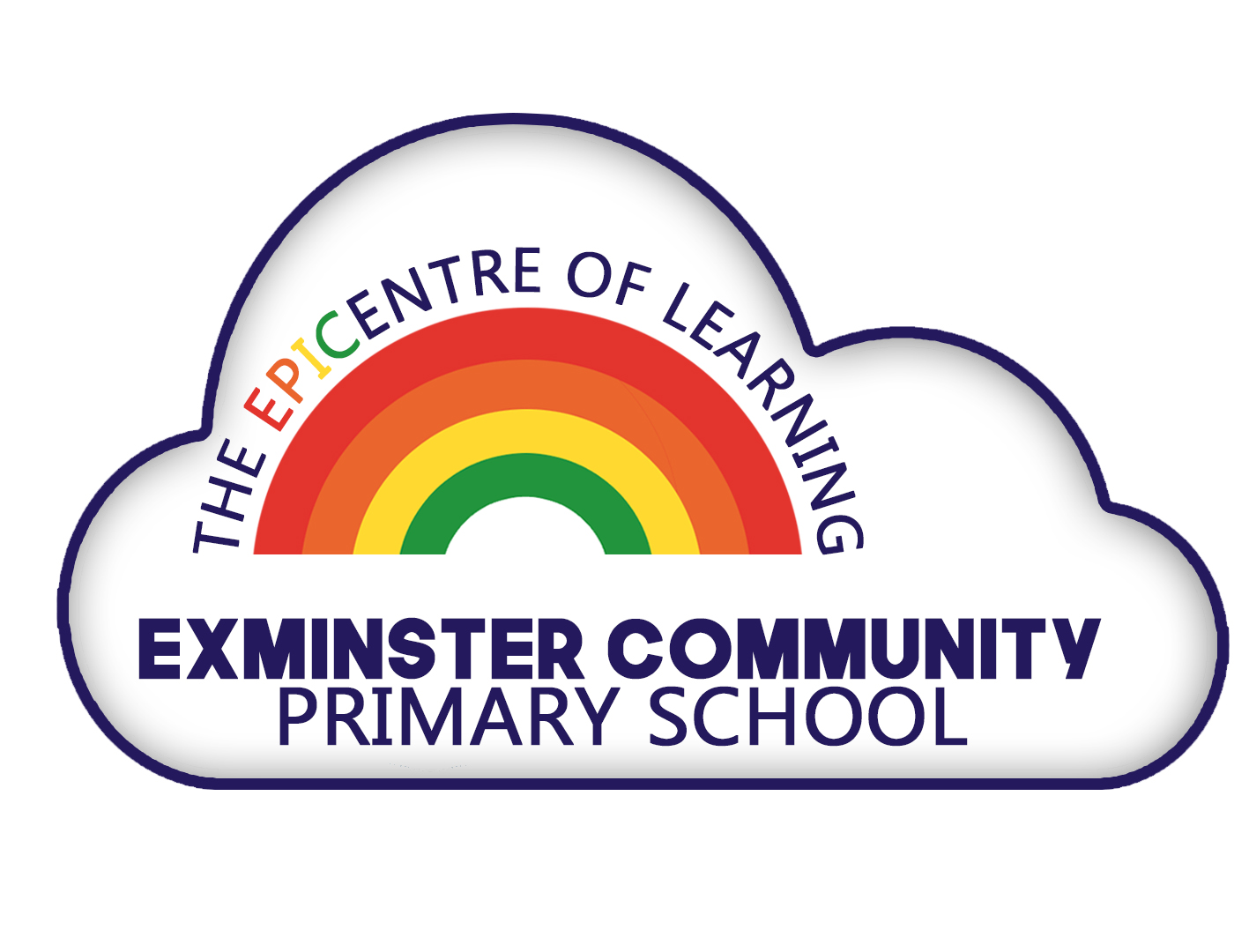Intent:
All pupils at Exminster have the right to a broad and balanced curriculum
which is rich in learning experiences. Religion and Worldviews provides a
safe space for young people to develop their understanding of people,
cultures, faiths and relationships. It asserts the importance and value of
religious education (RE) for all, with on-going benefits for an open,
articulate and understanding society.
The principal aim of Religious Education and Worldviews at Exminster is to
explore what people believe and what difference this makes to how they
live, so that all pupils can gain the knowledge, understanding and skills
needed to handle questions raised by religion and belief, reflecting on
their own ideas and ways of living.
At Exminster, the core of Religion and Worldviews is three-fold:
1. Making sense of a range of religious and non-religious beliefs, so
that they can:
- Identify, describe, explain and analyse beliefs and concepts in the
- Explain how and why these beliefs are understood in different ways,
by individuals and within communities - Recognise how and why sources of authority (e.g. texts, teachings,
traditions, leaders) are used, expressed and interpreted in different ways,
developing skills of interpretation
2. Understand the impact and significance of religious and non-religious
beliefs, so that they can:
- Examine and explain how and why people express their beliefs indiverse ways
- Recognise and account for ways in which people put their beliefs
into action in diverse ways, in their everyday lives, within their
communities and in the wider world - Appreciate and appraise the significance of different ways of life
and ways of expressing meaning
3. Making connections between religious and non-religious beliefs,
concepts, practices and ideas studied, so that they can:
- Evaluate, reflect on and enquire into key concepts and questionstheir responses
- Challenge the ideas studied, and allow the ideas studied to
challenge their own thinking, articulating beliefs, values and commitments
clearly in response - Discern possible connections between the ideas studied and their
own ways of understanding the world, expressing their critical responses
and personal reflections with increasing clarity and understanding
We teach a syllabus that requires that all pupils develop understanding of
Christianity in each key stage. In addition, across the age range, pupils
will develop understanding of the principal religions represented in the
UK, in line with the law. These are Hinduism, Islam and Judaism.
Furthermore, children from families where non-religious worldviews are held
are represented in almost all of our classrooms. These worldviews,
including for example Humanism, will also be the focus for study in
thematic units.
Implementation
As part of the planning process, teachers are resourced with:
- A knowledge mat which outlines key vocabulary all children must
master; as well as ‘sticky knowledge’ for each learning question. - A class specific folder that outlines:
- Long term plan for the whole school
- Programmes of Study and planning steps for EYFS, KS1, LKS2 and UKS2
- Key questions for EYFS, KS1, LKS2 and UKS2
- Range of religious reference books
- Core concepts in world religions for teachers
- Assessment guidance for end of KS1 and KS2
- Assessment guidance for the end of each unit studied
Impact
Our Religion and Worldviews curriculum is high quality, well thought out
and is planned to demonstrate progression. Sufficient curriculum time is
set aside so as to allow children to achieve the standards set.
End of unit assessment takes place after each learning question has been
completed and enables the teacher to see if the child is deemed to be
making good or better progress. This is recorded in the class specific
folder.
In addition to this, we measure the impact of our curriculum through
regular learning conversations with children and staff.
Through discussions with school, parents/carers have the right to withdraw their child from all or part of RE.
